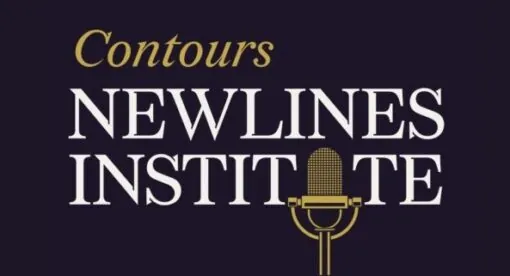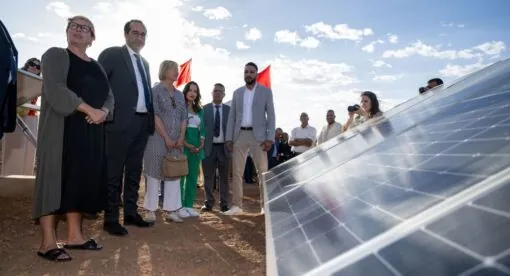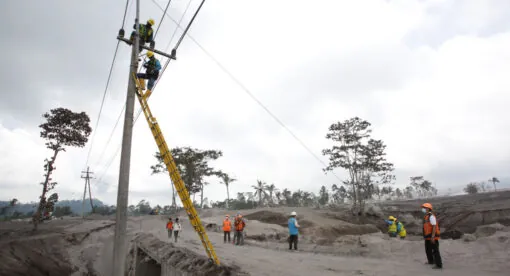Executive Summary
In late 2019, the Trump administration did something no other U.S. administration had done: it issued a new Central Asian strategy. This strategy commendably envisions Central Asia and Afghanistan as a single region and does not subordinate policy in Central Asia to the requirements of the war in Afghanistan. Nevertheless, this strategy faces serious challenges.
First, unless Afghanistan’ government can coalesce, the agreement with the Taliban will not hold and the possibilities for spreading violence will grow. Second, China and Russia will certainly oppose any strategy and policies designed to enhance the U.S. presence in what they both consider to be their imperial peripheries. Third, the scope and magnitude – if not the duration– of the coronavirus pandemic will lead many domestic sectors to oppose the use of U.S. resources for a Central Asian strategy, which those sectors consider superfluous. Since Central Asia’s needs due to this crisis will be enormous, it is imperative for Washington to work as much as possible with its allies: the European Union, South Korea, India, and Japan, all of whom have substantial Central Asian portfolios to maximize trade and investment opportunities. And apart from fostering trade and investment opportunities for the United States in Central Asia and vice versa, the United States can provide valuable help in improving governance along key trade routes and borders to enhance Central Asian connections to the entire world and reduce the strangling costs created by corruption or inefficiency.
At the same time, Washington must – despite the demands on its resources – redouble its efforts to communicate to both elites and the public at large in Central Asia and demonstrate the benevolence and effectiveness of these policies. And it must do the same thing at home to build enduring support for the strategy. Other desirable forms of support include security cooperation between the U.S. and Central Asian militaries or cooperation with thriving defense industries in the region. Since the U.S. administration clearly casts China as its main adversary, this coordination with local governments, allies, and partners must aim to give Central Asian states alternatives to Beijing’s Belt and Road Initiative and expand local governments’ capacity to deal with Moscow and Beijing even while opening up to the rest of the world.
The views expressed in this article are those of the author and not an official policy or position of the Newlines Institute.






